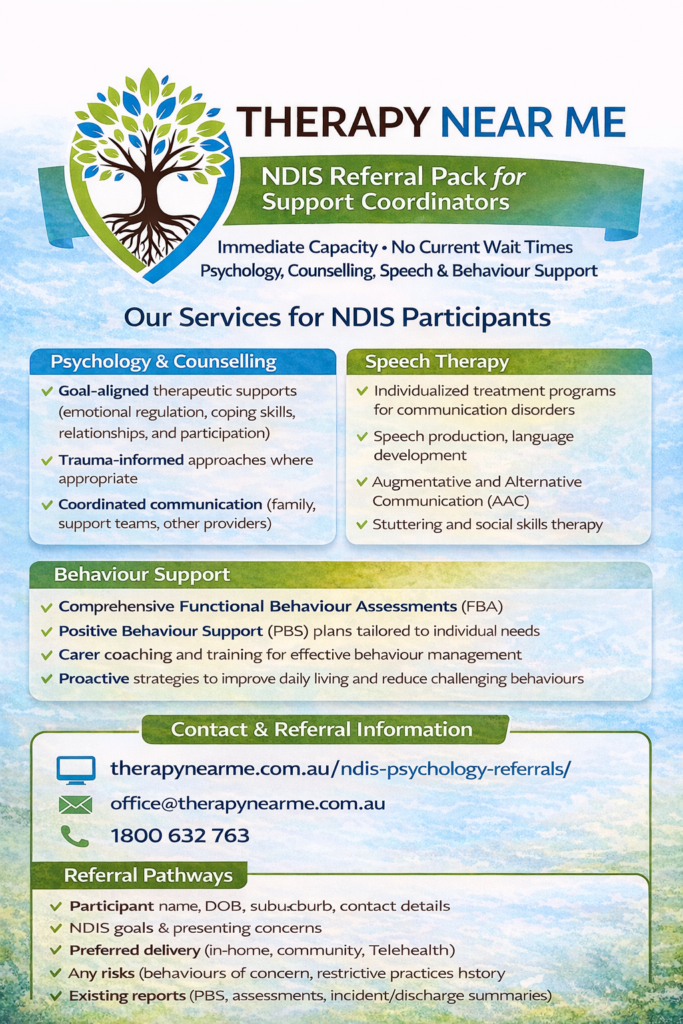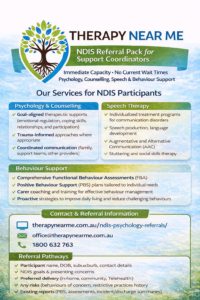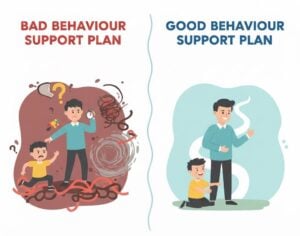Lifeline is one of Australia’s most prominent crisis support and suicide prevention services, offering immediate help to individuals in distress. Established in 1963, Lifeline has become a lifeline—literally—for countless Australians seeking emotional support, crisis intervention, and mental health resources. This article explores the history, services, impact, and significance of Lifeline, supported by scientific sources and expert insights.
History and Mission
Establishment
Lifeline was founded by the late Reverend Dr. Sir Alan Walker in Sydney in 1963. The service was created in response to the increasing need for immediate support for individuals experiencing emotional crises, particularly those contemplating suicide. Lifeline’s first call was answered on 16 March 1963, and since then, it has expanded significantly across Australia (Lifeline Australia, 2023).
Mission
Lifeline’s mission is to provide all Australians experiencing emotional distress with access to 24-hour crisis support and suicide prevention services. Lifeline’s vision is an Australia free of suicide, where everyone receives the support they need when they need it (Lifeline Australia, 2023).
Services Offered
24/7 Crisis Support Line
Lifeline offers a 24/7 telephone crisis support service, reachable at 13 11 14. This service is staffed by trained volunteers who provide confidential support to individuals in crisis. Callers receive immediate emotional assistance, guidance, and referrals to local services for ongoing support (Lifeline Australia, 2023).
Online and Text Crisis Support
In addition to its telephone service, Lifeline provides online and text-based crisis support. These services are designed to reach individuals who may prefer digital communication or find it more accessible. The text service operates from 6pm to midnight (AEST), and the online chat service is available from 7pm to midnight (AEST) (Lifeline Australia, 2023).
Suicide Prevention and Intervention
Lifeline is deeply committed to suicide prevention. The organisation offers various programs and initiatives, including:
- Suicide Prevention Training: Courses for individuals and organisations to recognise and respond to suicidal behaviours.
- Community Awareness Campaigns: Initiatives to reduce stigma, promote mental health, and encourage help-seeking behaviours.
- Research and Advocacy: Supporting research into suicide prevention and advocating for policy changes to improve mental health outcomes (Lifeline Australia, 2023).
Support Groups and Resources
Lifeline also provides support groups and resources for individuals dealing with specific issues, such as grief, loss, and substance abuse. These groups offer a safe space for individuals to share their experiences and receive support from peers and trained facilitators (Lifeline Australia, 2023).
Impact and Effectiveness
Reach and Accessibility
Lifeline is one of the most accessible crisis support services in Australia, with a network of over 40 centres across the country. The 24/7 availability of its services ensures that help is always accessible, regardless of the time of day or night (Lifeline Australia, 2023).
Positive Outcomes
Research indicates that crisis helplines like Lifeline are effective in providing immediate emotional support and reducing distress. A study by Gould et al. (2007) found that crisis hotline services significantly decreased suicidal ideation and emotional distress among callers. Lifeline’s ability to offer immediate intervention can be a crucial factor in preventing suicide and facilitating access to longer-term support.
Community Engagement
Lifeline’s community engagement efforts, including training, education, and awareness campaigns, play a vital role in building resilience and promoting mental health within communities. These initiatives help to destigmatise mental health issues and encourage individuals to seek help when needed (Lifeline Australia, 2023).
Challenges and Future Directions
Funding and Resources
Like many non-profit organisations, Lifeline faces challenges related to funding and resources. Ensuring the sustainability of its services requires continuous fundraising efforts and support from government and private sectors. Increased funding would allow Lifeline to expand its services and reduce waiting times for online and text-based support (Australian Institute of Health and Welfare, 2020).
Expanding Digital Services
With the growing demand for digital mental health services, Lifeline aims to expand its online and text-based support. Enhancing these services will ensure that more individuals can access help in a way that is comfortable and convenient for them. Developing user-friendly digital platforms and training more volunteers in online crisis support are essential steps in this direction (Rickwood et al., 2015).
Enhancing Rural and Remote Access
Improving access to Lifeline’s services in rural and remote areas remains a priority. While the telephone service is available nationwide, more targeted efforts are needed to raise awareness and provide tailored support to these communities. Mobile outreach programs and collaborations with local organisations can help bridge the gap (Meadows et al., 2015).
Conclusion
Lifeline is a critical service for mental health support in Australia, providing immediate crisis intervention and suicide prevention services to individuals in distress. With its comprehensive range of services, including 24/7 telephone support, online and text-based crisis support, and community awareness initiatives, Lifeline plays a vital role in promoting mental health and preventing suicide. Ensuring the sustainability and expansion of these services is crucial to meeting the growing mental health needs of Australians and achieving the vision of an Australia free of suicide.
CHEAPEST ndis PSYCHOLOGY SERVICE – Therapy Near Me
Our practice is a ndis provider specialising in providing affordable and comprehensive NDIS psychology services:
- Private clients (non-NDIS funded) can get sessions as cheap as $75 p/s when not on a Mental Healthcare Plan. Clinic locations available in all major CBDs.
- We are a ndis Psychology Service Provider and we take on all NDIS participants, including NDIA managed.
- Our NDIS session rate is around 25% less than the recommended NDIS billing rate for psychology ($165 vs $214.41 p/s). Leaving participants with more funding for additional services.
- We treat all age groups and presentations.
- Our 24/7 Telehealth service is available to everyone, anywhere in Australia, no matter how remote or what time of day it is.
- We provide a home visit service for all metropolitan areas in capital cities around Australia, for the convenience of our NDIS participants.
- Our experienced psychologists have guaranteed immediate (same week) capacity for new NDIS clients.
References
- Australian Institute of Health and Welfare. (2020). Mental health services in Australia. Retrieved from https://www.aihw.gov.au/reports/mental-health-services/mental-health-services-in-australia
- Gould, M. S., Kalafat, J., Harris Munfakh, J. L., & Kleinman, M. (2007). An evaluation of crisis hotline outcomes. Part 2: Suicidal callers. Suicide and Life-Threatening Behavior, 37(3), 338-352.
- Lifeline Australia. (2023). About Lifeline. Retrieved from https://www.lifeline.org.au/
- Lifeline Australia. (2023). Crisis Support. Retrieved from https://www.lifeline.org.au/services/crisis-support/
- Lifeline Australia. (2023). Suicide Prevention. Retrieved from https://www.lifeline.org.au/services/suicide-prevention/
- Meadows, G. N., Enticott, J. C., Inder, B., Russell, G. M., & Gurr, R. (2015). Better access to mental health care and the failure of the Medicare principle of universality. Medical Journal of Australia, 202(4), 190-194.
- Rickwood, D., Telford, N., Parker, A., Tanti, C., & McGorry, P. (2015). Headspace—Australia’s innovation in youth mental health: who are the clients and why are they presenting? Medical Journal of Australia, 202(2), 108-112.
How to get in touch
If you or your patient/NDIS clients need immediate mental healthcare assistance, feel free to get in contact with us on 1800 NEAR ME – admin@therapynearme.com.au







